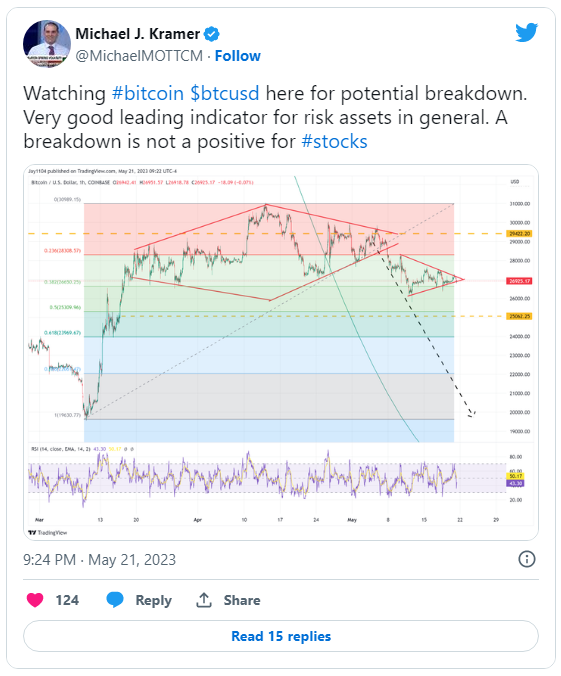In a landmark verdict, Pablo Renato Rodriguez, the co-founder of AirBit Club, has been sentenced to 12 years in prison by US District Judge George B. Daniels.
According to the US Department of Justice (DOJ), Rodriguez, along with his co-conspirators, masterminded a sprawling global pyramid scheme that defrauded investors of millions of dollars through false promises of cryptocurrency trading and mining profits.
AirBit Co-Founder Convicted For $100 Million Crypto Fraud
Per the DOJ’s investigations, the elaborate scheme involved luring unsuspecting and often inexperienced investors into purchasing AirBit Club memberships with the guarantee of substantial returns.
However, instead of engaging in legitimate cryptocurrency activities, Rodriguez and his cohorts allegedly diverted the funds for personal gain while employing an intricate money laundering operation to conceal their ill-gotten profits.
Rodriguez’s co-defendants, Gutemberg Dos Santos, Scott Hughes, Cecilia Millan, and Karina Chairez, have already pleaded guilty and await sentencing. The court has also ordered the forfeiture of the fraudulent proceeds, which include a staggering $100 million worth of assets, such as US currency, Bitcoin (BTC), and real estate.
Describing Rodriguez’s actions as a flagrant exploitation of cryptocurrency for fraudulent purposes, US Attorney Damian Williams emphasized the importance of this case in deterring potential fraudsters from making false promises of lucrative cryptocurrency investments.
Troubling Pattern Of Fraudulent Ventures
According to court documents, Rodriguez and Dos Santos founded AirBit Club in 2015 and “aggressively” marketed it as a multilevel marketing club operating in the cryptocurrency industry.
The duo reportedly organized extravagant expos and presentations worldwide, enticing victims to invest in cash and providing them access to an online portal showcasing false investment returns.
As early as 2016, victims who attempted to withdraw funds encountered excuses, delays, and exorbitant hidden fees. The scheme’s architects, including Rodriguez, spent the defrauded money on luxury items, financed more expos to attract additional victims, and siphoned funds through a network of domestic and foreign bank accounts.
According to the DOJ, Rodriguez’s attorney trust account, managed by Scott Hughes, played a crucial role in concealing the illicit proceeds of the AirBit Club scheme.
Before AirBit Club, Rodriguez and Dos Santos were involved in another pyramid investment scheme called Vizinova, which led to a legal battle with the US Securities and Exchange Commission (SEC).
Hughes, an attorney representing Rodriguez and Dos Santos in the Vizinova case, later assisted them in perpetrating the AirBit Club fraud by removing negative information about both schemes from the internet.
With Rodriguez’s sentencing, justice has been served to one of the key figures responsible for defrauding countless victims through AirBit Club.
Featured image from Shutterstock, chart from TradingView.com









